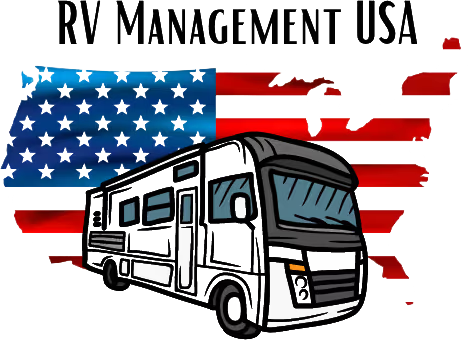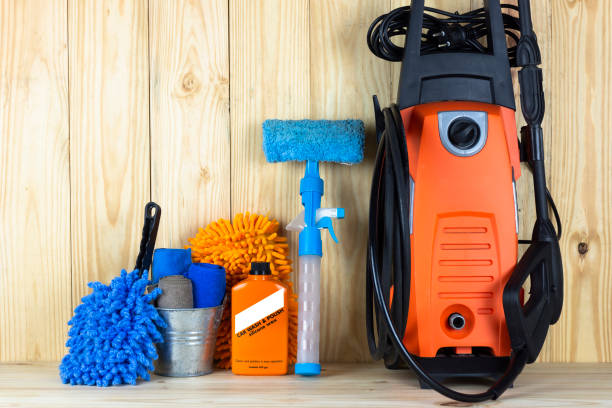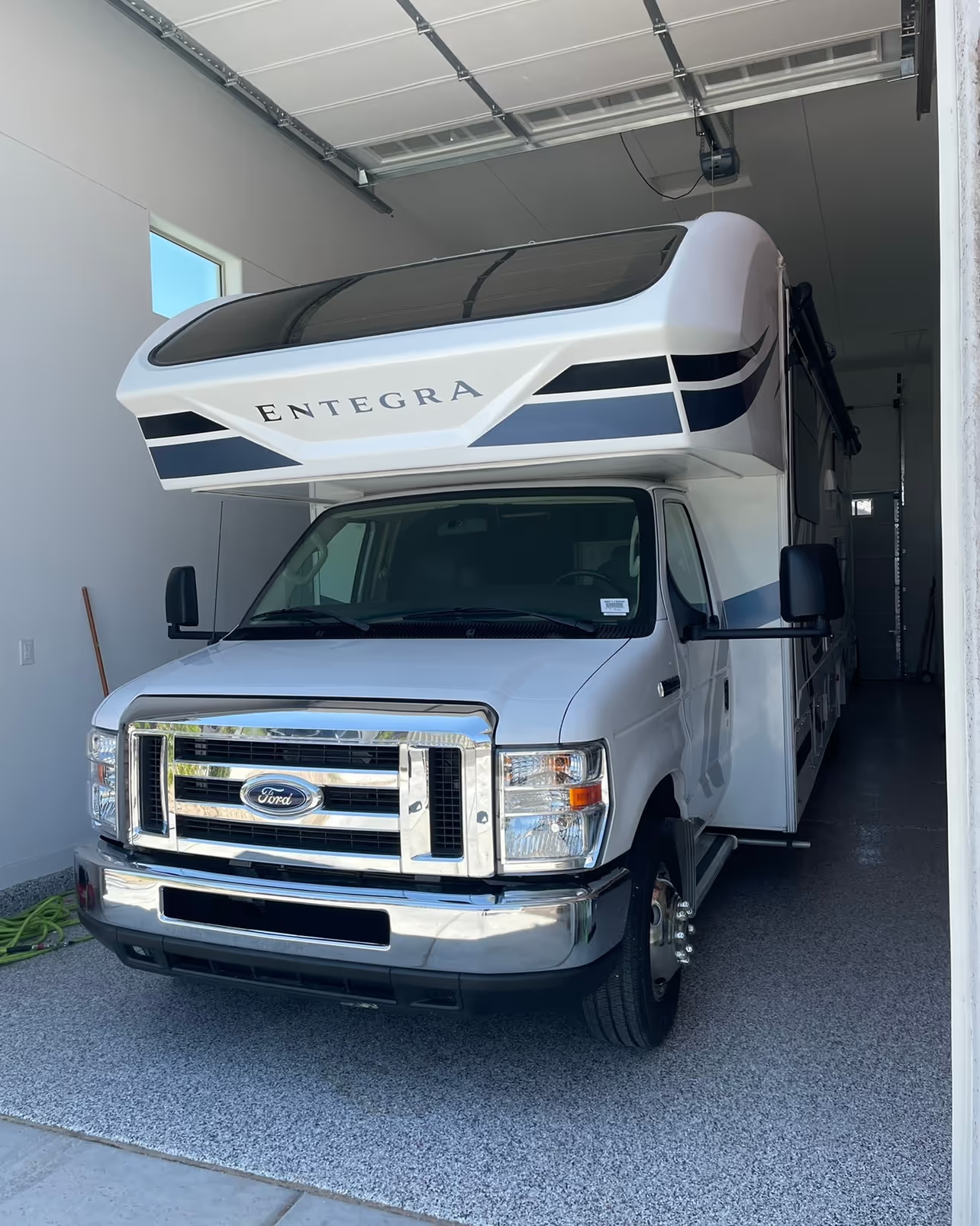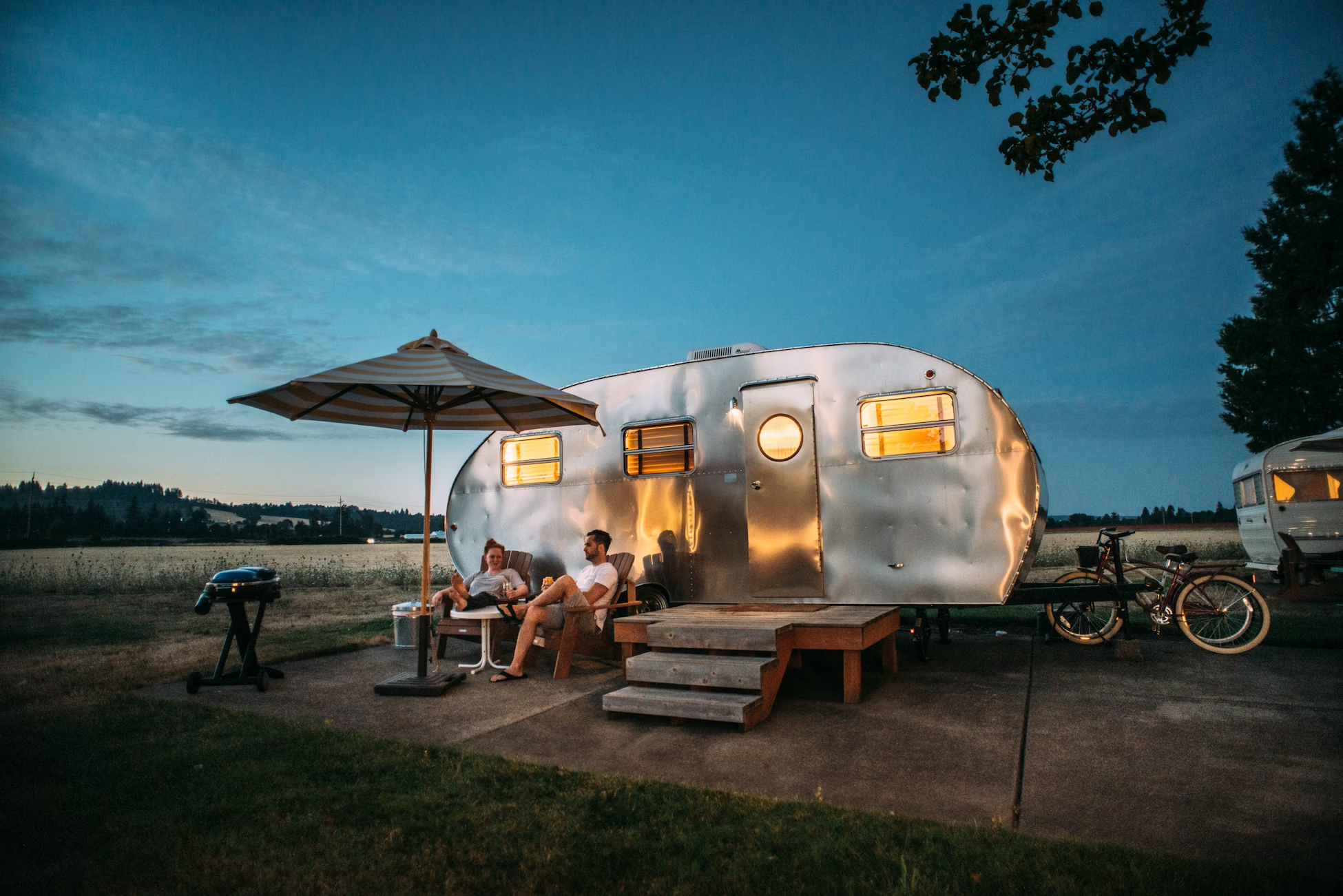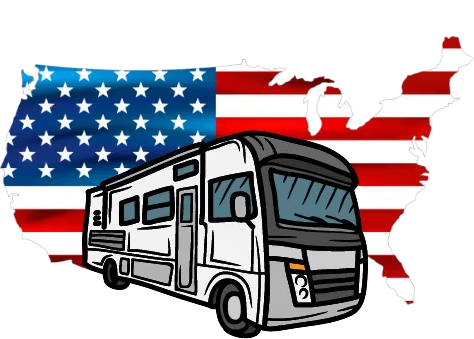Smart Maintenance Tips for Long-Term Profit and Peace of Mind
When I rented out my RV for the first time, I was so focused on getting my first booking that I didn’t think much about what would happen after the trip. I figured, how much wear could a weekend camping trip really cause?
Turns out—more than you’d expect.
From a busted water pump after a festival weekend to mystery stains on the dinette cushions, I learned quickly that if you’re not staying ahead on maintenance, your RV rental business will cost you more than it makes.
In this guide, I’ll walk you through practical, experience-backed ways to keep your RV running smoothly and looking sharp—even when it's booked solid all summer.
Table of Contents
- Why Maintenance Matters More for Rentals
- Pre-Rental Inspections: What to Check Every Time
- The Power of a Post-Rental Checklist
- Cleaning Tips That Go Beyond Aesthetics
- Seasonal Maintenance Musts
- Mechanical Systems to Watch Closely
- How to Set Guest Expectations That Protect Your RV
- Using Technology to Track and Prevent Damage
- Partnering with Professionals: When to Outsource
- Final Thoughts: Protect the Engine Behind Your Income
1. Why Maintenance Matters More for Rentals

Here’s the truth: renters don’t treat your RV the same way you do.
Not because they’re careless—but because they don’t know its quirks like you do. They won’t hear the subtle whine that means the alternator belt’s loose. Or know that if the slide-out sounds labored, it needs greasing.
Every breakdown = lost income, bad reviews, and a headache you’ll probably be dealing with on a Sunday night.
The owners who stay profitable long-term are the ones who treat their RV like a small business—because it is one.
2. Pre-Rental Inspections: What to Check Every Time
Think of this as your RV’s pre-flight checklist. Before the keys change hands, take 15–30 minutes to inspect:
- Tire pressure and tread: A low tire cost me a tow once. Never again.
- All fluids: Oil, coolant, brake fluid, even windshield washer fluid.
- Lights & signals: Simple, but easy to overlook.
- Battery health: Especially important if the RV’s been sitting.
- Brakes & test drive: A quick loop around the block can tell you a lot.
- Propane & generator check: Renters won’t know something’s wrong until they’re 50 miles out.
- Tank levels: Make sure they’re empty, clean, and ready to go.
I print out this checklist and keep it on a clipboard in the RV. It protects me and gives renters peace of mind.
3. The Power of a Post-Rental Checklist
When your RV comes back, your job’s not done. A solid post-trip routine helps you catch small problems before they turn into big ones:
- Walk around the entire vehicle
- Test every light, switch, and appliance
- Check tank levels and flush if needed
- Look for spills, smells, or signs of misuse
- Note any damage—even scuffs and scratches
One time, I caught a slow leak in the water line just in time—thanks to a musty smell during the walkthrough. If I’d skipped it, I’d have missed a whole week of bookings.
4. Cleaning Tips That Go Beyond Aesthetics
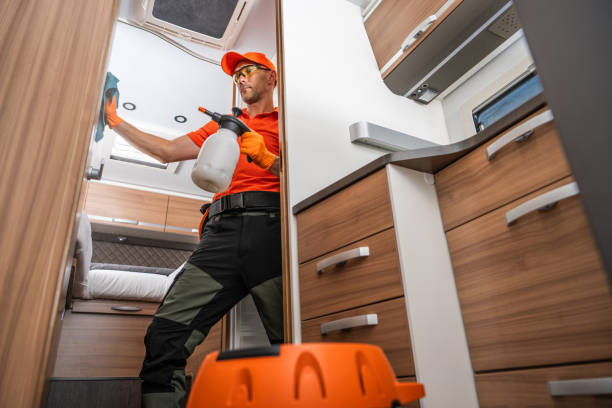
Sure, a clean RV gets better reviews. But cleaning is also your best chance to inspect up close.
- Wipe and disinfect all surfaces, especially kitchen and bath
- Vacuum and deodorize upholstery
- Open every cabinet and drawer to check for guest leftovers
- Inspect bedding for damage (yes, even if it looks fine)
- Ventilate the RV for a few hours between bookings
I recommend doing your own deep clean at least once a quarter—even if you usually outsource it. You'll be amazed what you catch.
5. Seasonal Maintenance Musts
Your RV doesn’t rest just because it’s off-season. Here’s what to check throughout the year:
- Spring: Reseal the roof, charge batteries, inspect for rodents
- Summer: Check A/C, tire pressure, and fridge cooling
- Fall: Flush tanks, inspect heating systems, check slide seals
- Winter: Winterize systems, cover roof, disconnect batteries
Think of it like quarterly oil changes—but for your whole RV.
6. Mechanical Systems to Watch Closely
There are a few areas renters tend to put the most stress on:
- Slide-outs: Keep tracks clean and seals lubricated
- Plumbing: Regular tank flushes prevent bigger messes
- HVAC: Clean filters monthly in high season
- Roof and seals: Inspect every 60 days—especially after storms
Pro tip: Keep a service log. Whether it’s a spreadsheet or a notepad in the glovebox, it’s your rental business’s maintenance history.
7. How to Set Guest Expectations That Protect Your RV
I used to think guest damage was just part of the game—until I started getting proactive.
What helped most?
- Clear rules up front (no smoking, dump tanks before return)
- Instructional videos on how to use the water heater, slide-out, and generator
- Printed checklists for pick-up and return
- A “leave it better” culture with small bonuses (like $10 off the next rental for clean returns)
People want to do the right thing—if they know what that is.
8. Using Technology to Track and Prevent Damage
You don’t need to be techy to use tech that saves money. Here are my favorites:
- GPS trackers: Know where your RV is, how fast it’s going
- Smart temp sensors: Catch HVAC issues early
- Motion sensors: Outside only, but good for security
- Cloud-stored mileage logs: Easy insurance and service records
With the right setup, I can check on my RV from my phone, even if I’m traveling myself.
9. Partnering with Professionals: When to Outsource
Sometimes, the best move is handing off the headaches. I started managing everything myself… until I had three RVs and a full-time job.
A good rental management company will:
- Schedule and perform inspections
- Clean and prep between guests
- Handle damage claims and guest issues
- Keep your rig running—and earning
With RV Management USA, I know my RV is cared for like it's their own. I just get the income report.
10. Final Thoughts: Protect the Engine Behind Your Income

At the end of the day, your RV is your rental business’s engine. If it’s out of commission, so is your cash flow.
Maintaining your rig doesn’t have to be overwhelming—it just has to be consistent. A little prevention saves a lot of stress (and expense) later.
Need help turning your RV into a rental-ready machine without doing it all yourself?
Let’s talk. Our team at RV Management USA offers maintenance plans, full-service support, and peace of mind—so your RV works hard, even when you don’t.
— The RVM Team
